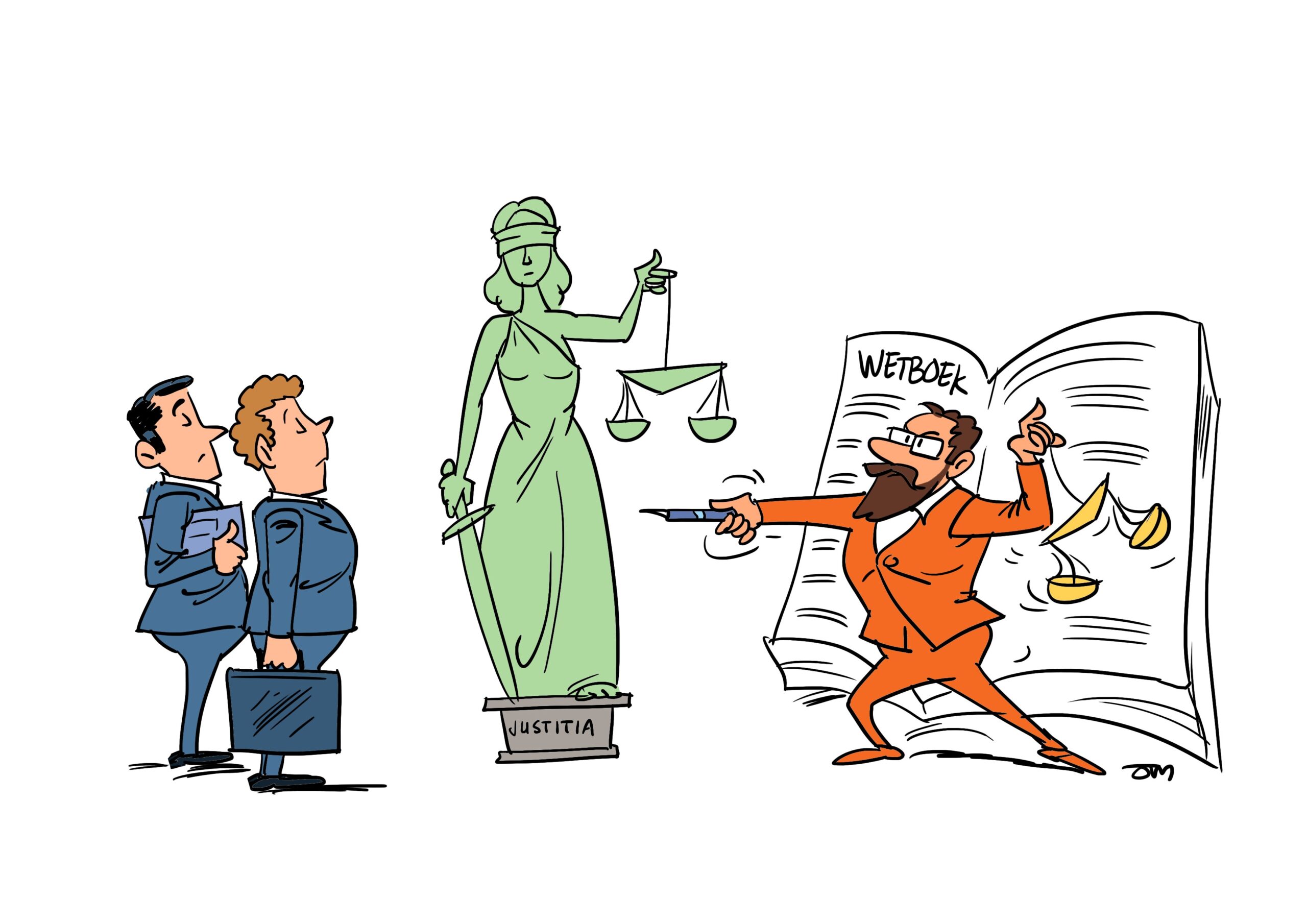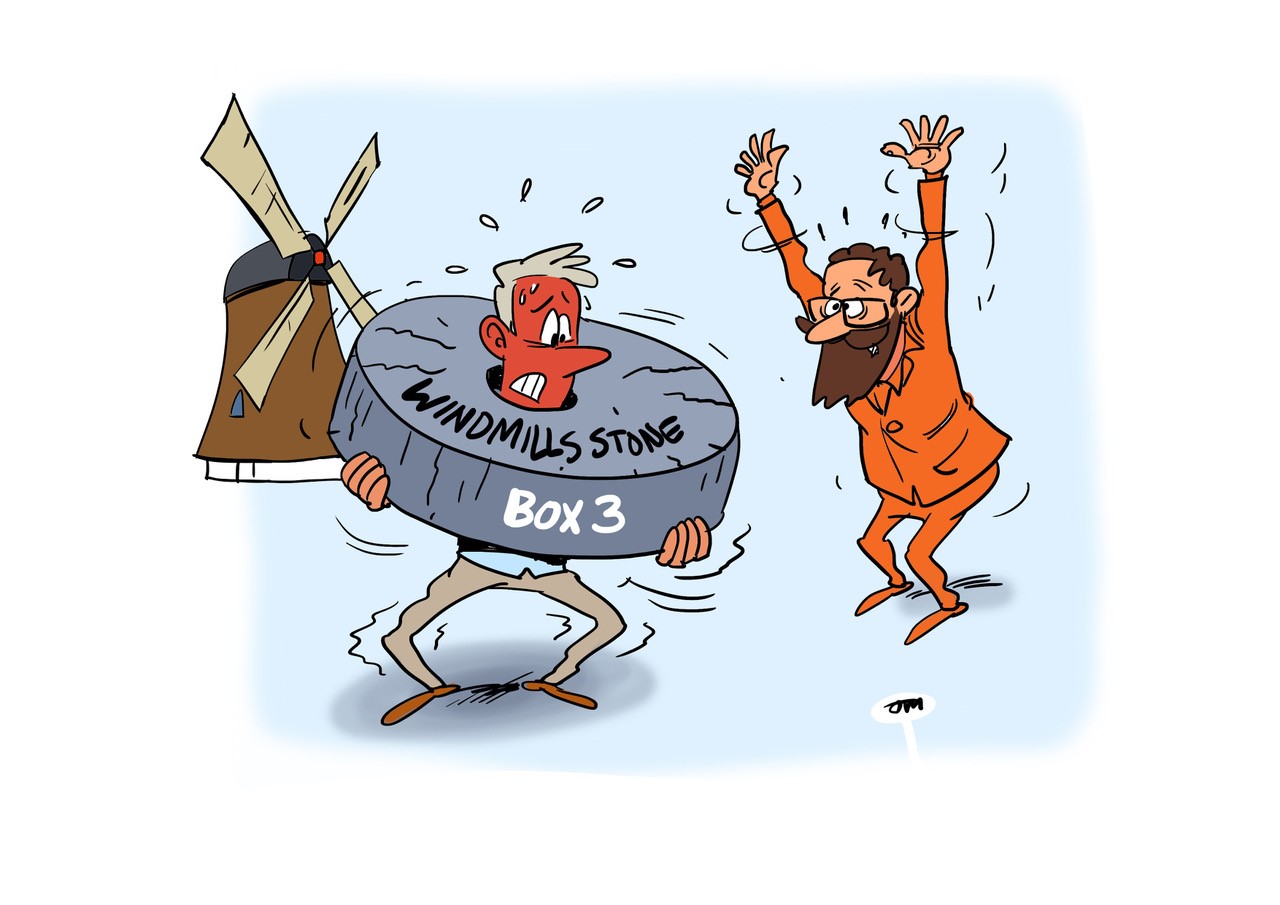In the event an employer provides the employee with a company car, this is regarded a remuneration in kind. Hence wage tax is due over the remuneration. The tax base can be 7%, 14%, 25% over the catalogue value or 35% over the current day value if the vehicle exceeds the age of 15 years old.
If we look into value of the remuneration in kind set at 35%, how does this look like?
Looking at Marktplaats into the BMW section specifically models 5 and 7 series build in 1998 there are some nice 8 or 12 cylinders for sale. It is important to have a big engine, a lot of cylinders, on gasoline, not diesel, if you purchase such an old car. Assume you can purchase one for EUR 5000 and you do some maintenance and new tyres, the car can have a cost you EUR 8000. That is the current day value.
35% of EUR 8.000 is EUR 2.800, however, you already spend on maintenance EUR 3.000 and I assume you spend more on petrol and other costs during the year, the balance of the value added to your income compared with the costs made is positive. Accepting the car not always to run like a brand new car, this can be a very good alternative compared to the other remunerations in kind for company car purposes.
Company car and KM administration
The above mentioned scenario basically only suits entrepreneurs being the shareholder of the company that need to take out a salary. Actual employees might pass on the struggle. Then again, if you are the only employee and shareholder, why then operate via a BV company? Eenmanszaak (one man company) offers equal or better fiscal facilities, also in respect of the liability, and there the company car has a much more friendly regime. The amount added to your income for the usage of a company car is limited by the costs made.
Example, you purchase a 2012 BMW with a new catalogue value of EUR 120.000 for EUR 65.000. The costs are EUR 10.000 depreciation per year and EUR 6000 running costs per year. That is EUR 16.000. 25% of the new catalogue value is EUR 30.000, but the amount added to your income is limited to the actual costs. So the EUR 30.000 drops to EUR 16.000. You do not pay tax over more than EUR 16.000 for the usage of the luxury company car.
How much is that? EUR 16.000 added to the profit is limited by the 14% small business discount. So you actually pay tax over EUR 16.000 minus 14% is EUR 13.760. Assuming you pay 52% tax, that is EUR 7.155 income tax, spread over 12 months is EUR 596 per month what the car costs you in private money. Leasing fees are much higher.




